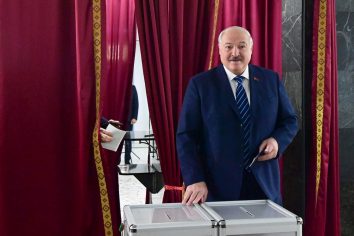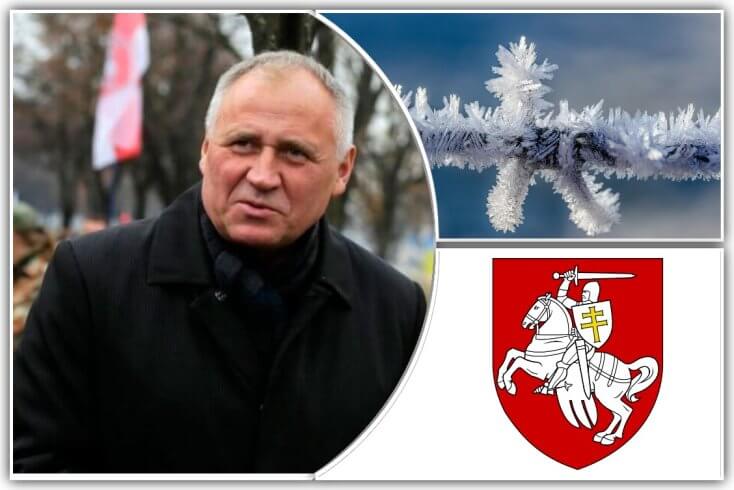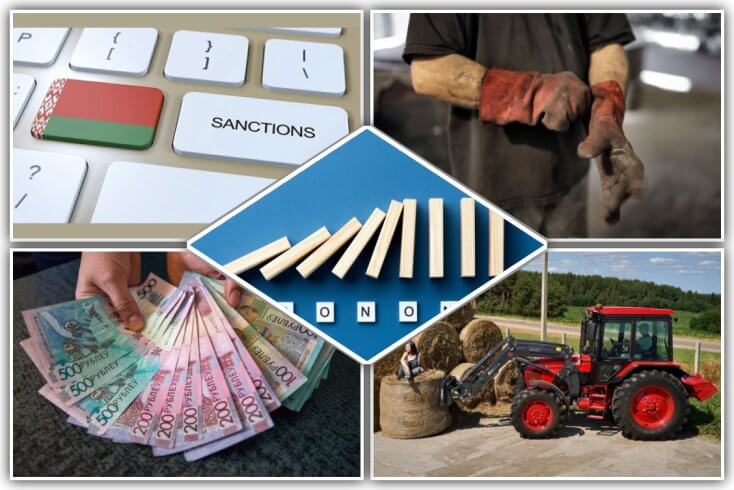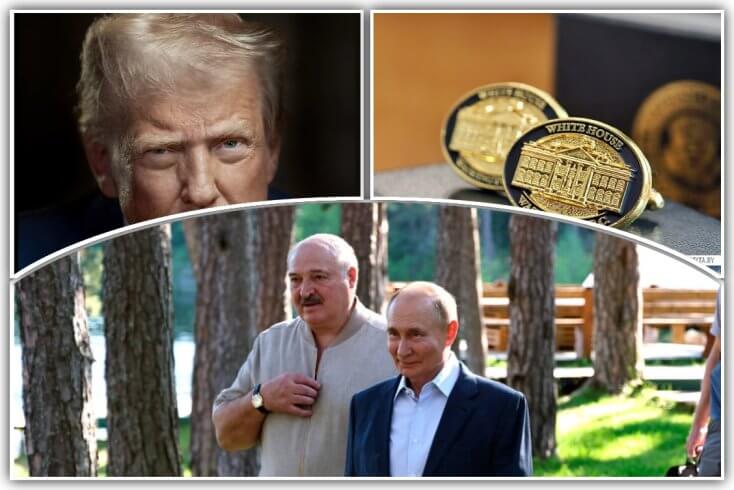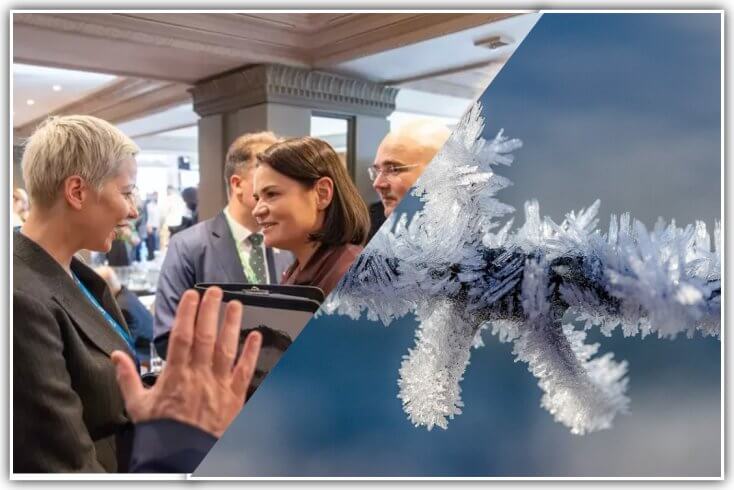Three weeks before the presidential election, Aleksandr Łukašenka met with his campaign staff to discuss his potential plans “if” elected, speculating about inviting foreign observers and issuing orders regarding security measures.

Predetermined result
The result of Belarus’ upcoming presidential election, scheduled for January 21-26, is often described as a “single-choice” event, with the outcome already effectively determined. Despite this, during a January 3 meeting with his campaign managers, the Belarusian leader said, “I promise, if the people unexpectedly vote for us, I will not let you down. This is the heaviest burden for me.”
Łukašenka is attempting to create the illusion of a genuine competition, even though most of the five registered candidates are widely seen as mere sparring partners in his campaign.
The narrative of a “heavy burden” has become a tired trope among authoritarian leaders, akin to Łukašenka’s past claim that he does not hold on to power “with blue fingers.”
Throughout his campaign, Łukašenka has proposed nothing new. His platform has not yet been published, but he has ordered the preparation of a “five-year plan for quality” and a one-year program for national improvement.
These initiatives are not groundbreaking. The year 2024 had already been designated as the “Year of Quality,” and now the leader intends to extend it for the next five years. A similar promise was made in 2010, when the regime pledged a “dynamic breakthrough” and European living standards. However, by 2011, Belarus faced hyperinflation, a plummeting currency and an economic crisis.
The idea of five-year plans dates back to the Soviet era, specifically the “Five-Year Plan for Efficiency and Quality” from 1976-1980. Those plans did not save the Soviet economy from collapse, and their chances of success today remain equally dubious.
“Openness” to foreign observers raises doubts
Łukašenka has claimed he is considering inviting Western observers. “We need to meet with the Central [Election] Commission and decide whether we will invite foreigners to observe the election. People keep telling me, ‘No need, they will say the same thing anyway.’ I am not sure. I think there is another point of view. If they come, let them come. If they do not, that is their right.”
He did not specify who might be invited. In the past, Minsk has invited Belarus-friendly politicians from the EU. For example, in February 2024, 23 observers from EU countries were accredited, none of whom represented reputable bodies.
In contrast, Minsk has delayed or refused to extend invitations to credible organizations such as the OSCE’s Office for Democratic Institutions and Human Rights (ODIHR). In the lead-up to the 2020 presidential election, the Belarusian foreign ministry sent an invitation to ODIHR just three weeks before the vote, making meaningful monitoring impossible.
ODIHR Director Ingibjörg Sólrún Gísladóttir later said that the late invitation had prevented the mission from observing key phases of the election.
A similar scenario is unfolding now. With the January 21-26 election approaching, there is little time left for long-term observers to conduct meaningful work on the ground. This appears to be a deliberate tactic, allowing Minsk to accuse the West of bias.
Kanapackaja adds spice to election
The regime’s decision to hold the election during the holiday season limits public engagement, and the process has been carefully scripted to avoid any surprises.
Presidential candidate Hanna Kanapackaja, a former opposition politician, has proposed easing penalties for political prisoners, although she refrains from using the term “political prisoners” directly. Her proposal for clemency programs aligns with Łukašenka’s regular pardons for individual prisoners, often contingent upon public confessions.
Kanapackaja avoids criticizing the Belarusian strongman directly. While she suggests market reforms that contradict Łukašenka’s policies, her campaign appears to have been staged by the authorities.
Her presence on the ballot creates the illusion of political competition, though she is unpopular among pro-democracy voters. Her former allies, including Anatol Labiedźka, the ex-leader of the United Civil Party, view her as a figurehead of the regime. The election commission, controlled by Łukašenka, is closely monitoring her campaign to prevent her from energizing voters.
Fabricated threats
The regime continues to dramatize the election by fabricating threats. Security forces are rehearsing scenarios involving invasions by exiled opponents, fostering a siege mentality.
Meanwhile, the opposition, aware of the futility of competing under the current conditions, has proposed a strategy of moral protest, calling on Belarusians to vote against all candidates.
Although voting against all candidates is legal, it has no impact on the outcome, as votes are not counted anyway.
Nonetheless, Łukašenka has instructed his campaign officials to ensure the safety of election commission members, noting, “Use the police where needed, and the military where necessary. Make sure everything is in order.”
To complete this show of “flourishing democracy,” he should deploy tanks outside the polling stations.
